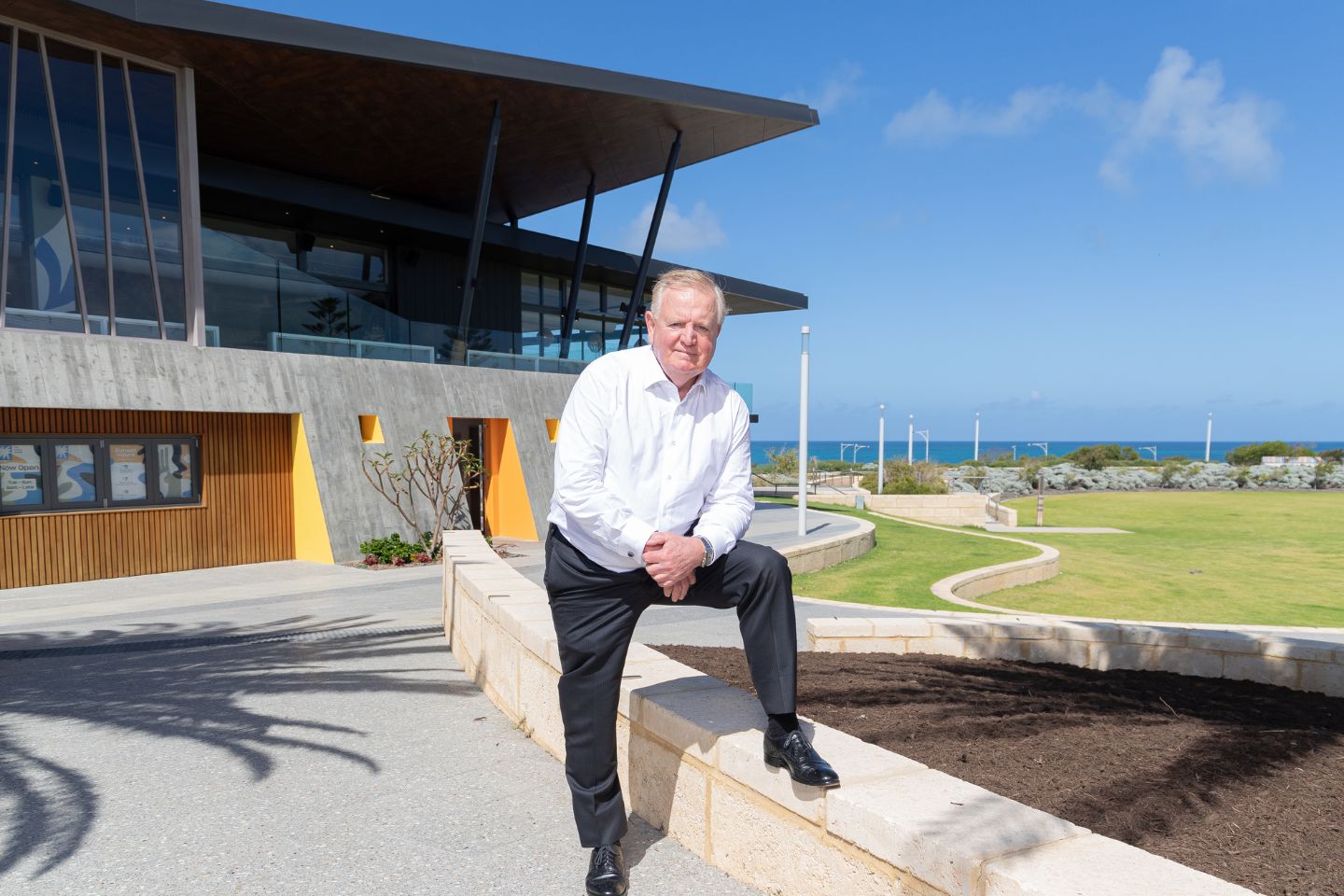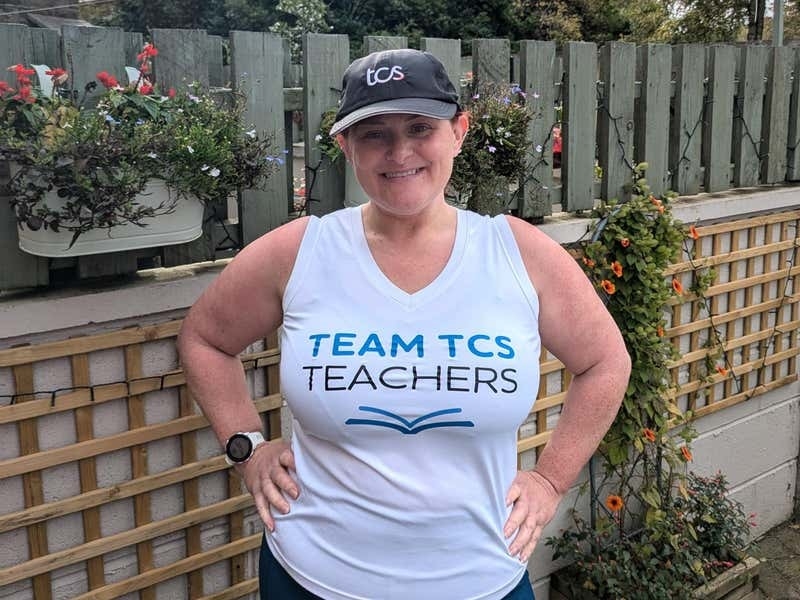
Professor Tim Spector has named the seven foods he considers kitchen staples which he has in his larder. Tim, one of the brains behind Zoe Nutrition, was in conversation with the Off Air with Jane and Fi podcast about some recipes he devised when he was asked if it would be possible to stick to them if someone was on a budget. In response, he said it was perfectly possible in part because people wouldn’t be buying any meat which is normally more expensive than vegetables.
The King’s College London professor explained: “Most of them you can absolutely and there’s a big section here on larder foods. My larder now contains all kinds of cheap cans of beans. “Everything from lentils to chickpeas to butterbeans and packets of grains, cheap cans of tomatoes.
there are several recipes that use frozen peas, frozen spinach, all of which are very cheap and available all year round so the vast majority of things are really cheap and of course, this is a plant-based menu so you’re not paying the money for meat. “In general plants are a lot cheaper than meat, it’s a lot cheaper source of protein than meat is so I think people can learn a lot from this about cooking economically but also healthily.” Eat more foods of this one colour to protect against cancer and dementia, Tim Spector says Professor Tim Spector's 'one thing' to help back pain and prevent osteoporosis Tim has also been an advocate for intermittent fasting where people don’t eat for a selected period of time, for example from between 9pm at night and 7am the next day.
According to the professor, intermittent fasting helped some of the 100,000 people in a Zoe study on the phenomenon. He said: “We did a study of people with Zoe of over 100,000 people asking them all to do intermittent fasting for three weeks, 14 hours overnight as I was doing say 9pm until 11am the next day or something similar. “A third of people found it dead easy, they reported more energy, more mood, feeling less hungry and got rid of their constipation and various other gut problems.
” While this as a 14-hour fast, Professor Tim has also suggested there could be a sweet spot on his own Zoe Nutrition podcast. He said: It looks like the sweet spot for when the results start turning significant is around at this 10-hour eating window. So if you can get to 10 hours, that's fine.
"There's some evidence that maybe 11, you know, could be ok. And there are probably differences between people. So we're talking averages here, which might vary at different ages and between men and women.
We don't really know yet those differences. "So at the moment, I think it's something that's sustainable. So if you can have a 10-hour eating window that appears to be sustainable for years, because it's what our ancestors did, that's pretty easy.
But for some people, they might want to, You know, to get it down to eight hours, others might be okay at 11.”.










